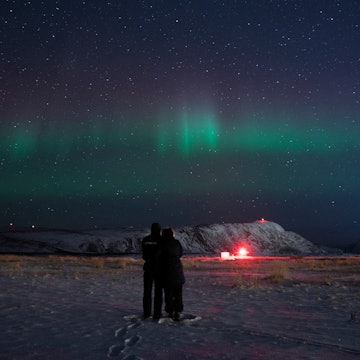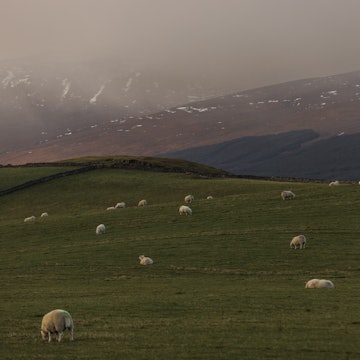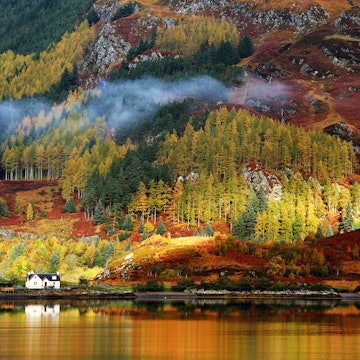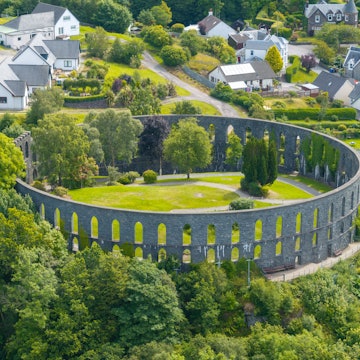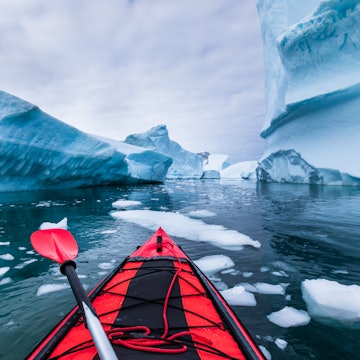

The furthest reaches of Europe will astound with exotic wildlife and stunning vistas; an Atlantic puffin in the Shetland Islands, Scotland © James Warwick / Getty Images
Ready to travel but not quite ready for crowds? We hear you.
As much as we need a change of scene, navigating the crowds in a city can be a challenge. Instead, swap the four walls of your living room for wide-open empty spaces, be it a Norwegian beach, a remote Scottish island or a mountainous trek in the Balkans.
Whether you’re looking for an active break or somewhere to finish writing that bestselling novel, here’s a selection of the wildest and most remote spots in Europe to really get away from it all in 2022.
Where to find 20 of Europe's most stunning hot springs

Great for climbing: Hoy, Orkney, Scotland
For a remote escape with an adrenalin rush, head to Hoy, the second largest of the 72 Orkney Islands. Sitting to the north of Scotland, the Vikings named Hoy “high island” because of its hills and peaks. The island’s most famous landmark is the Old Man of Hoy, a 137m-high sea stack, which can be climbed during the summer months. Further along the same cliff line is St John’s Head, the tallest vertical cliff face in Britain at 351m. The majority of the island’s 400 residents live in the south so head north and your only company will be the vast and varied birdlife. Accommodation options include hostels and self-catering holiday homes.
9 best sleeper train journeys to take in Europe in 2022

Great for finishing your novel: Finnish Lakeland, Finland
If what you need is peace, quiet and awe-inspiring scenery, try Finnish Lakeland. During the summer months, this area of Finland consists mainly of two colors: green and blue. There are some 188,000 lakes in Finland, stretching from Helsinki in the south right up to Lake Inari in Finnish Lapland. Of these, Lake Saimaa in Finnish Lakeland is the biggest, home to some 14,000 islands. There are so many islands in fact that the lake doesn’t look like one body of water, rather a labyrinth of inlets, waterways and canals. Hire a wooden cottage on one of the islands and start writing.
Inari: Home on the edge of a frozen lake
Great for solo travelers: Prangli, Estonia
If you want time on your own but don’t want to be bored try the island of Prangli. There are over 2000 islands off the coast of Estonia but this is the only one that has been continuously inhabited for over 600 years. What this means is that the small island has a fascinating history having been settled by pirates, bootleggers, fishermen and sealers. It has its own dialect of the Estonian language and soviet-era trucks and jeeps still trundle along the narrow island roads. It’s only 30km from Tallinn but still undiscovered by the capital’s crowds.
Our favorite lesser-known neighborhoods in the world's greatest cities
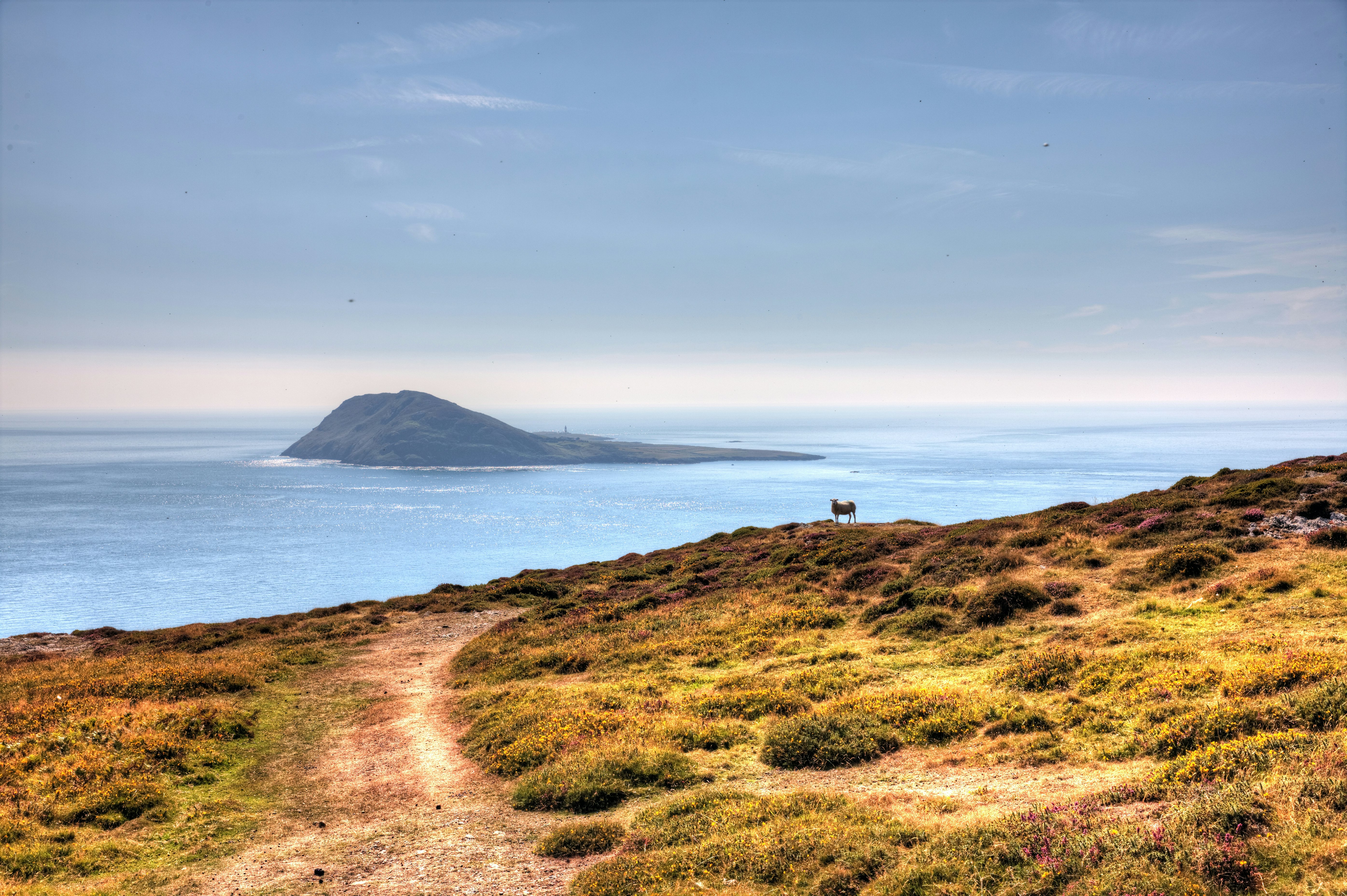
Great for a step back in time: Bardsey Island, Wales
Lockdown has meant a lot of time online. For a back-to-basics break, take a trip to Bardsey Island where none of the nine traditional holiday houses have electricity, let alone any WiFi. The island lies 3km off the coast of the Llyn Peninsula in Northwest Wales and has been an important religious site since the sixth century. It’s also said to be where the legendary sorcerer Merlin is buried. These days Bardsey is best known for its incredible seabird life in particular Manx Shearwaters who arrive in their thousands every year to breed. You may also spot grey seals, dolphins and porpoises in the waters surrounding the island.
Where to explore Europe's most stunning national parks

Great for spotting whales and dolphins: Pico, Azores, Portugal
For a break with travel companions guaranteed to keep to the two-meter rule head to the island of Pico. This is the second largest of the Azores Islands, plonked way out in the North Atlantic Ocean. The volcanic island is located on the migratory route for whales and is one of the best places in the world to spot blue whales, fin whales, sei whales and sperm whales. Visit between March and October for optimum cetacean spotting. Pico is also home to the Princess Alice Bank, a seamount popular with experienced divers who come to swim with the mobula and manta rays. Look out for dolphins as you make your way out to the dive site.
Where to see the most incredible spring flower displays in Europe

Great for surfers: Unstad, Lofoten Islands in Northern Norway
If the ocean is calling then travel to Unstad Bay in Northern Norway. This is one of the best places in the world to surf in cold water with maximum water temperatures of 14C. The chilly waters mean that the area has only really been surfed since the 1990s as wetsuit technology has advanced. Surrounded by mountains and fjords, the weather-beaten coastline of the Lofoten Islands offers breath-taking views and the Arctic swells provide waves every day of the year. Visit during the summer months and surf round the clock thanks to the midnight sun. Great waves, no crowds and only a seal or porpoise for company; wild surfing doesn’t get much better than this.
Europe’s top 10 scenic train journeys for 2022
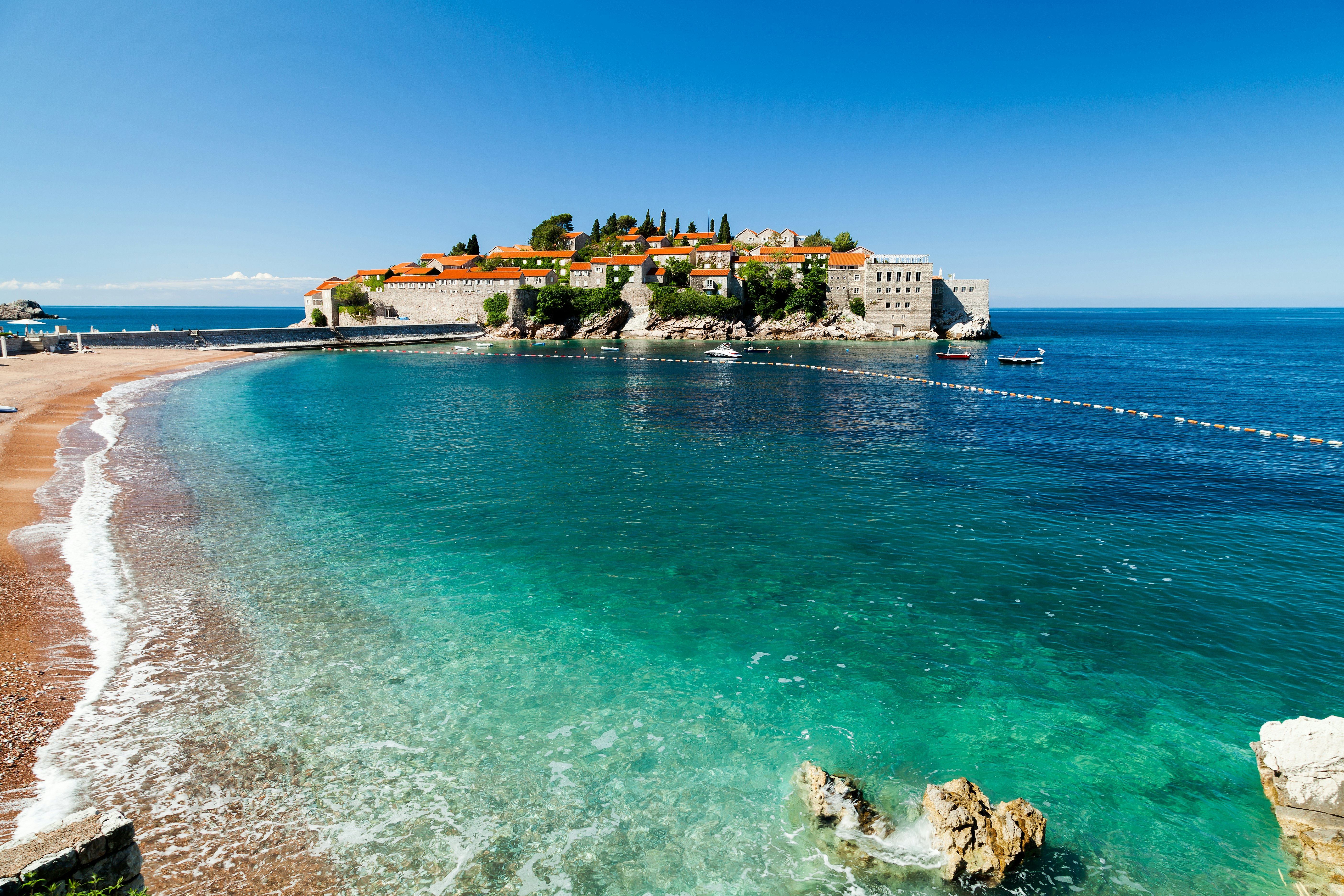
Great for hikers: Peaks of the Balkans
After months of sitting around, chances are you’re ready to stretch your legs. Where better to do this than through the rugged and wild mountainous region of the Western Balkans. The Peaks of the Balkans track is a 119-mile circular route through Albania, Kosovo and Montenegro. Following ancient mule tracks, shepherd paths and footways, the trail winds through some of Europe’s most stunning – and remote – scenery. The entire walk takes around two weeks and includes a diverse range of landscapes from high alpine peaks and pristine valleys to glacial lakes and charming mountain villages.
10 stunning places to find winter sun in Europe

Great for wild swimmers: Vrångö, Sweden
You need to time your visit to Vrångö right. During July and August, it’s popular with holidaymakers from nearby Gothenberg but at all other times of the year, you’ll have the island almost to yourself. The southernmost island in the Gothenburg archipelago is known for its wild swimming. Sure, the waters aren’t tropical but you can warm up in a floating sauna post-dip.
10 top spots for solo travelers in winter (or any other time of year)
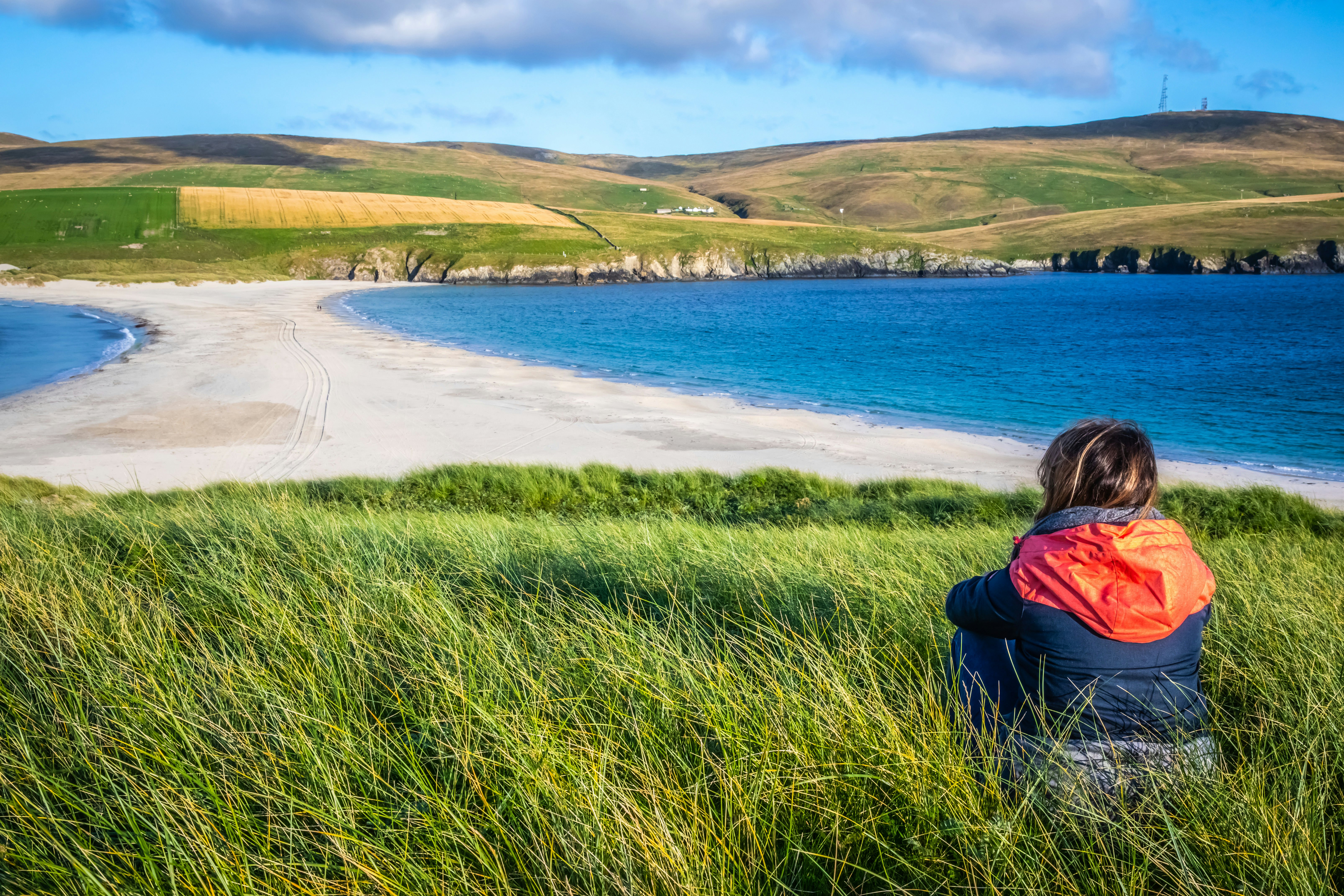
Great for adventure: Foula, Shetland Islands
Admittedly, the biggest part of the adventure is simply getting to Foula. Often described as the ‘edge of the world’, this is one of the UK’s most remote inhabited islands – albeit inhabited by just 30 permanent residents. This is the most westerly of the Shetland Islands, lying 20 miles out in the Atlantic Ocean from the mainland. Life has not changed much here over the years; residents still celebrate Christmas on 6 January according to the old Julian calendar and New Year a week later. Once here, soak up the incredible views, breathe in the rich sea air, go for long rambling walks and enjoy the complete peace and quiet.







